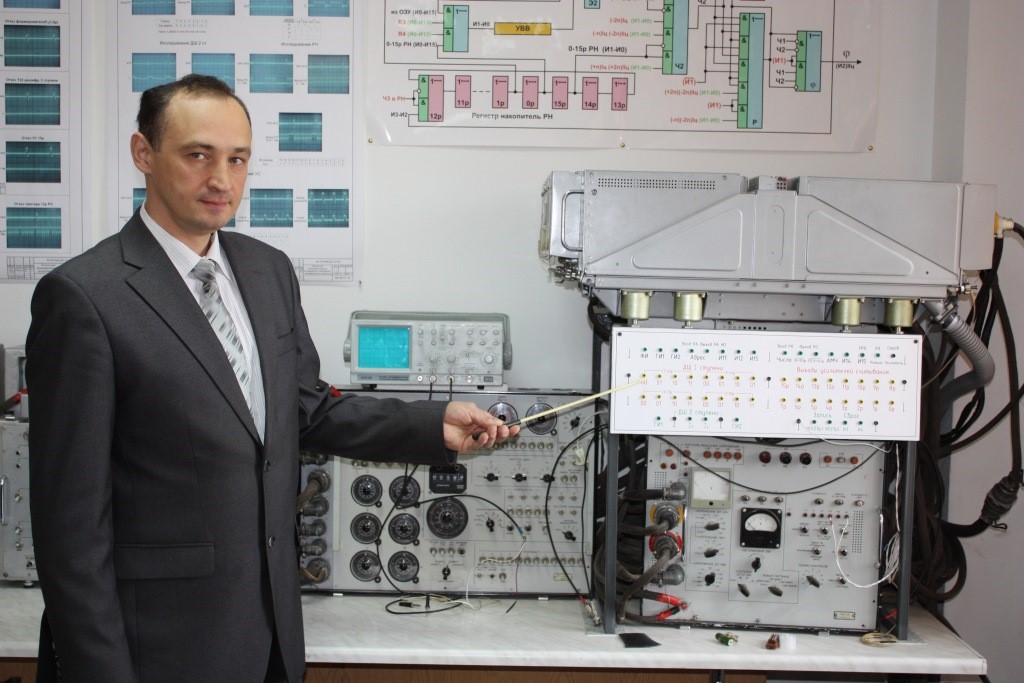Confirmation of ADS-B messages by aircraft flight altitude
DOI 10.51955/2312-1327_2023_1_118
Abstract. Proposed the method for confirming ADS-B data based on the analysis of information about the aircraft altitude and atmospheric parameters. To confirm the reliability of ADS-B messages, proposed to compare the geometric height obtained from satellite navigation system data with the height calculated for the real atmosphere (based on information from the meteorological service on pressure and temperature). To implement the proposed methodology, required the following input data: pressure at the level of the weather station, temperature at the level of the weather station and at flight altitudes, and data on geometric and barometric altitudes transmitted in the ADS message. It has been established that the greatest error in the calculations is introduced by the temperature at the aircraft flight altitude. In order to reduce the influence of errors in determining the temperature, proposed to use data from weather balloons. With developed methodology, a calculation was performed using real altitude data transmitted in the ADS-B message and the required data from the meteorological service. Messages received from the ADS-B ground station NS-1A manufactured by JSC VNIIRA, which is installed at the Mezen airfield, were used. The developed methodology is proposed to be used to confirm ADS-B data at regional aerodromes with low flight intensity.
Key words: ADS-B, weather balloon, barometric altitude, geometric altitude, pressure, temperature, Laplace formula, ISA.
Download article in PDF 496.5 kB






